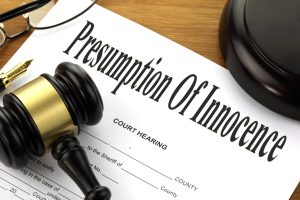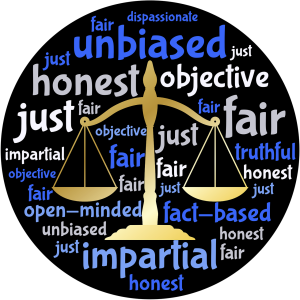By Dr Michael Naughton, Reader in Sociology and Law (University of Bristol Law School and School of Sociology, Politics and International Studies (SPAIS)).
Michel Foucault’s methodology for understanding the contemporary moment was to conduct what he termed histories of the present; forms of genealogical analysis that examine the operation of the ‘truths’ peculiar to ‘the societies within which we find ourselves’, the ‘truths’ of ‘what we are’, the ‘truths’ that we live by; how we arrived at where we are Today; our present situation. Moreover, for Foucault, if we want to understand present-ness, we should problematise accepted and presentist thinking by looking for defining moments in history when the problematic under analysis was different; when things changed. (more…)




